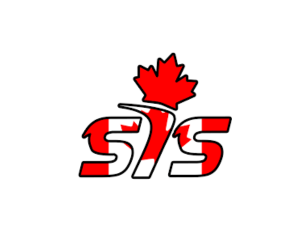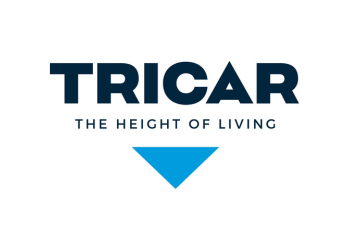Athlete Hydration
While drinking enough water may seem like a simple action, it impacts virtually every aspect of sports performance.
Staying hydrated increases energy, improves movement, recovery and agility, thermoregulation, and aids in mental clarity and activity - all of which can improve physical performance and reduce the risk of injuries.
Why is hydration important in sports?
Almost every measurement of performance - aerobic endurance, strength, power, speed, agility and reaction time - decreases with as little as 2% dehydration. Learn more about the signs and symptoms of dehydration.
Benefits of staying hydrated include:
- Improved muscle function. Hydrated muscles function better than dehydrated muscles.
- Regulated blood pressure. Staying hydrated helps maintain blood pressure during exercise so your heart doesn’t work harder to maintain normal blood pressure.
- Improved circulation. Staying hydrated also improves blood flow and circulation and thus the delivery of oxygen and nutrients to working muscles. Good hydration also helps remove metabolic by-products and waste from muscles, while replacing the water that is lost through sweat.
![]()
How can proper hydration help young athletes reduce injury risk?
Dehydration contributes to muscle fatigue, which can increase the risk for injury. Staying adequately hydrated can help reduce muscle fatigue and reduce the risk of injury.
As athletes exercise, the core body temperature rises. In response, the body sweats to dissipate excess heat so it doesn't overheat. Staying hydrated replaces the water lost through sweating and is essential for thermoregulation, helping to prevent cramps, heat exhaustion and heat stroke.
Recommended daily water intake for athletes
Fluid needs vary based on activity, intensity, environmental conditions, body size of the athlete and training status. The more highly trained an athlete is, the more he or she will sweat and require more water.
To maintain optimal hydration throughout the day, young athletes should drink ½ to 1 ounce of water per pound of body weight. To maintain peak performance during exercise, minimize water weight loss to no more than 2% of your body weight. This means that a 100-pound athlete should lose no more than 2 pounds during a workout.
Athletes should drink plenty of water in the hours leading up to practice. Continue taking four to six big gulps of water every 15 to 20 minutes during exercise. After exercising, drink 24 ounces of water for every pound of water weight you lose during your workout.
Calculating sweat rate
Knowing an athlete's sweat rate is important when monitoring hydration. Sweat rate is the amount or rate at which a person sweats. To calculate sweat rate, measure weight before and after a workout. The difference in the weight indicates how well the athlete is staying hydrated and whether it's within the healthy guidelines. The weight difference plus any fluids consumed during workout equals the sweat rate. Understanding this number will guide the amount of fluid needed during the workouts or practices.
Water or sports drink: What is best for athletes?
If young athletes are working out for one hour or less, water is generally sufficient to keep hydrated. Sports drinks may be recommended in certain situations including when:
- Exercise lasts longer than 1 hour
- Engaging in intense workouts
- Practicing or playing in extreme environmental conditions, such as high heat and humidity
- Excessive sweating occurs, i.e., being a "heavy sweater"
In these situations, experts recommend a sports drink containing at least 110 to 240 mg of sodium per 8oz. serving. This will replace fluid and electrolytes lost through sweat.
Source: https://www.childrens.com/health-wellness/the-importance-of-hydration-for-young-athletes

























